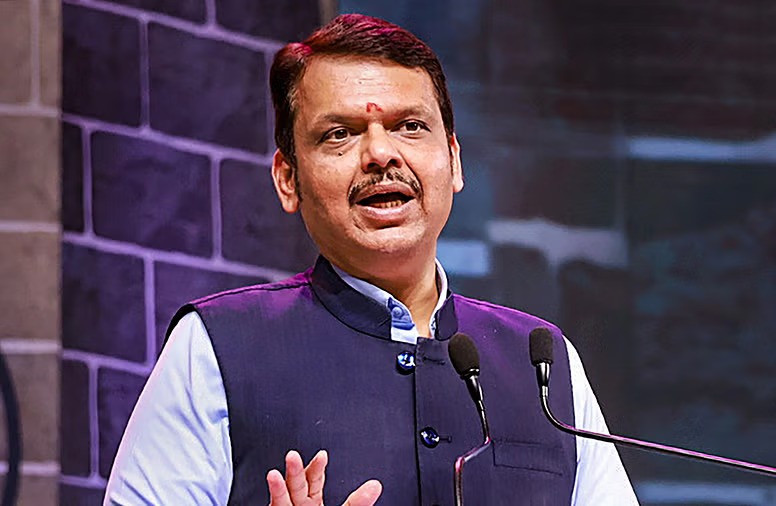Maharashtra Chief Minister Devendra Fadnavis has voiced his concerns about the increasing economic hazards posed by climate change. Addressing the India Global Forum in Mumbai, Fadnavis emphasised the intense effect of climate change on Maharashtra’s largely agrarian economy. He also laid special emphasis on a critical need for climate-resilient approaches to ensure livelihoods and economic stability.
Agriculture Under Threat
Maharashtra’s economy is highly dependent on agriculture, and therefore it is especially sensitive to climate-related disruptions. Erratic monsoon behaviour, increased temperature, and unseasonal rains have already started disrupting crop patterns in areas such as Vidarbha and Marathwada.
Research has indicated that principal crops including soybean, cotton, wheat, and gram are experiencing a decrease in production due to the mismatches of climatic parameters and their plant growth cycles. Increased rainfall at critical growth stages has resulted in the enhancement of fungal diseases as well as leaching of soil nutrients. Additionally, increased temperature at grain-maturity stages has decreased wheat productivity.
CM Fadnavis recognised these issues, revealing the intention of working with international agencies such as the World Bank in developing climate-resilient agriculture practices. Some of these initiatives involve the use of artificial intelligence (AI) in forecasting weather patterns and making optimal decisions in agriculture. Through the use of technology in agriculture, Maharashtra hopes to reduce reliance on unforeseen natural conditions and maximise productivity.
Moreover, large pilot schemes like the Climate Change Adaptation project in semi-arid parts of Maharashtra are showcasing sustainable agriculture practices. These schemes concentrate on watershed management, conservation of biodiversity, and the adoption of renewable energy to enhance resilience in farming communities.
Yet, it is a huge challenge to scale up these initiatives considering the vast geographical variations and socio-economic imbalances within the state.
Balancing Growth and Sustainability
Other than agriculture, CM Fadnavis focused on Maharashtra’s larger economic ambitions in the face of climate change. As India’s largest sub-national economy with a strong contribution to GDP and foreign direct investment (FDI), Maharashtra is seeking to balance its growth ambitions with environmental promises. The state’s updated State Action Plan on Climate Change (SAPCC) aims to reconcile adaptation measures for exposed sectors such as agriculture and water with mitigation efforts aimed at energy, transport, and industry.
The more likely route involves shifting to green energy. Fadnavis announced proposals for sourcing 52% of electricity in Maharashtra from alternative sources, including solar power and green hydrogen, by the year 2030. Beyond just curbing carbon emissions, it also costs less for farmers dependent on subsidized electricity. Besides this, Maharashtra is promoting entrepreneurship by collaborating with green startups who offer eco-friendly solutions. Initiatives such as the ‘Forever Planet’ challenge have made Mumbai a hub for green entrepreneurship, spurring technology that complements economic development and the protection of the environment.
Even with these efforts, however, Fadnavis was worried about the speed of progress. “Climate change is not an environmental problem alone; it’s an existential threat,” he said in recent public appearances. The number of extreme weather events—droughts, floods, cyclones—has increased fourfold in the last few decades, with enhanced threats for rural livelihoods as well as urban infrastructure. To tackle these issues, there is a need for a multi-faceted intervention with granular analysis of climate data, policy changes, community outreach, and global cooperation.


